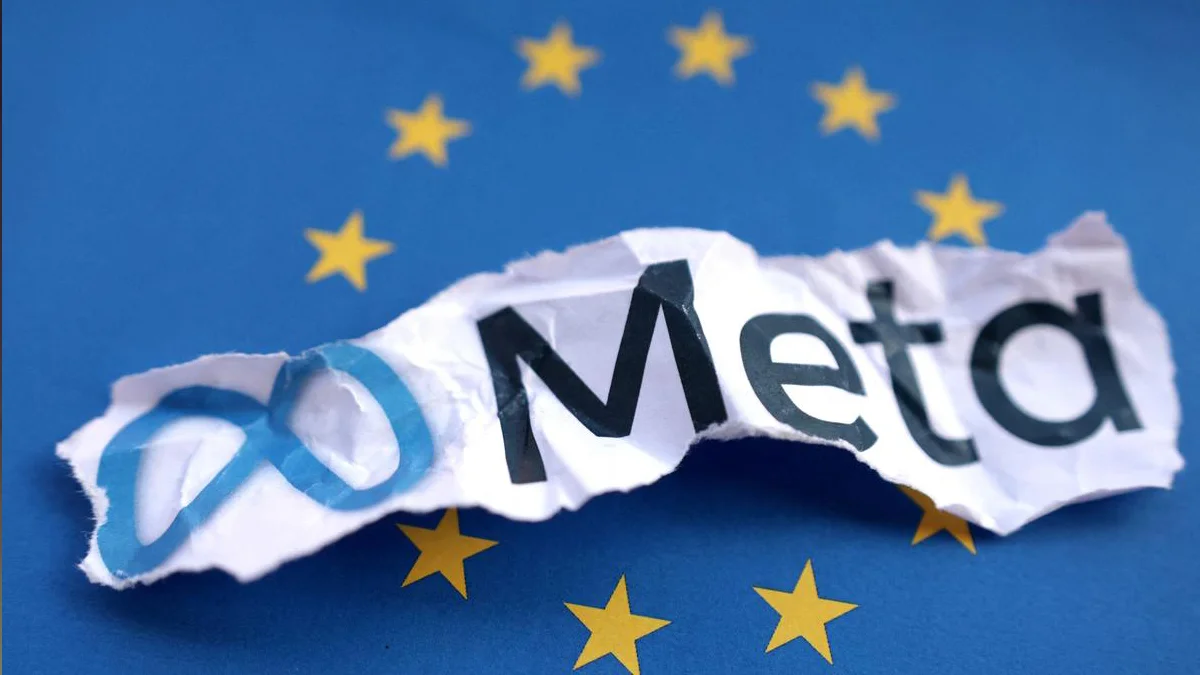Necessary Always Active
Necessary cookies are required to enable the basic features of this site, such as providing secure log-in or adjusting your consent preferences. These cookies do not store any personally identifiable data.
|
||||||
|
||||||
|
||||||
|

US social media giant Meta Platforms has announced a ban on ads related to elections, politics, and social issues in the European Union, Reuters reported. Meta’s decision to halt political ads in the EU is informed by the legal uncertainties resulting from EU rules on political advertising.
The European Union law dubbed Transparency and Targeting of Political Advertising (TTPA) is set to take effect on October 10. The law was enacted following concerns over foreign interference in elections and disinformation across the region’s 27-country bloc. According to Meta, the move to end political ads in Europe is a tough one and is a direct response to the TTPA law.
“From early October 2025, we will no longer allow political, electoral and social issue ads on our platforms in the EU. This is a difficult decision – one we’ve taken in response to the EU’s incoming Transparency and Targeting of Political Advertising (TTPA) regulation, which introduces significant operational challenges and legal uncertainties,” Meta stated in a blog post.
EU rules on political advertising require tech giants to label political ads on their platforms to clearly show who paid for them, how much they paid and the elections being targeted.
“Unfortunately, the political ads transparency regulation introduces significant additional obligations to our processes and systems that create an untenable level of complexity and legal uncertainty for advertisers and platforms operating in the EU,” Meta added.
Companies that fail to comply with these provisions risk high penalties of up to 6% of their annual revenue.
Through the latest announcement, Meta wants to ensure the new EU political advertisement requirements don’t apply to its ad business in the region. The tech giant has termed the TTPA obligations as restrictive and burdensome for advertisers, claiming that they will also hurt European firms.
“We believe that personalized ads are critical to a wide range of advertisers, including those engaged on campaigns to inform voters about important social issues that shape public discourse. Regulations, like the TTPA, significantly undermine our ability to offer these services, not only impacting effectiveness of advertisers’ outreach but also the ability of voters to access comprehensive information,” the tech giant added.
Meta defines political, electoral, or social issue ads in its terms and conditions for various territories. The social media giant also said the change will apply to European territories and the UK. Meta said ending political ads in Europe will not affect other policies with regard to debating politics in the region.
Additionally, the decision will not keep politicians from posting content on their social networks. However, Meta will not accept payment from political actors in order to amplify such content.
Meta’s decision is very similar to the one made by Google in November 2024. At the time, the search giant said it will no longer serve political ads in Europe. According to Google, the definition of political advertisement was overly broad, an aspect that makes compliance challenging.
Meta’s latest move to ban political ads highlights the pushback by US tech giants against EU laws that are aimed at curtailing their power and ensuring transparency and accountability on their part. But questions on the effectiveness of ad review systems in big techs to detect and stop adverts relating to elections, politics or social issues from distribution have emerged.
Following the ban, any ads that slip through Meta or Google systems will breach EU’s transparency rules. This isn’t the first time that Meta has blamed EU rules for prompting it to change its ad policies. The social media giant is currently facing scrutiny under the Digital Markets Act over its pay-or-consent ad model.